Exploring the Benefits of Drone-Assisted Agriculture
One of the most important benefits of drone-assisted agriculture is speed. You can perform and complete operations that might take you days in minutes. Take, for instance, operations that can take you weeks when you use conventional means are done in a matter of hours.
Equipment such as knapsack sprayers, and fertilizer dispensers are replaced with efficient drones. Moreover, drone-assisted agriculture is not just about spraying. They encompass every agricultural practice that makes use of drone technology(unmanned aerial vehicles).
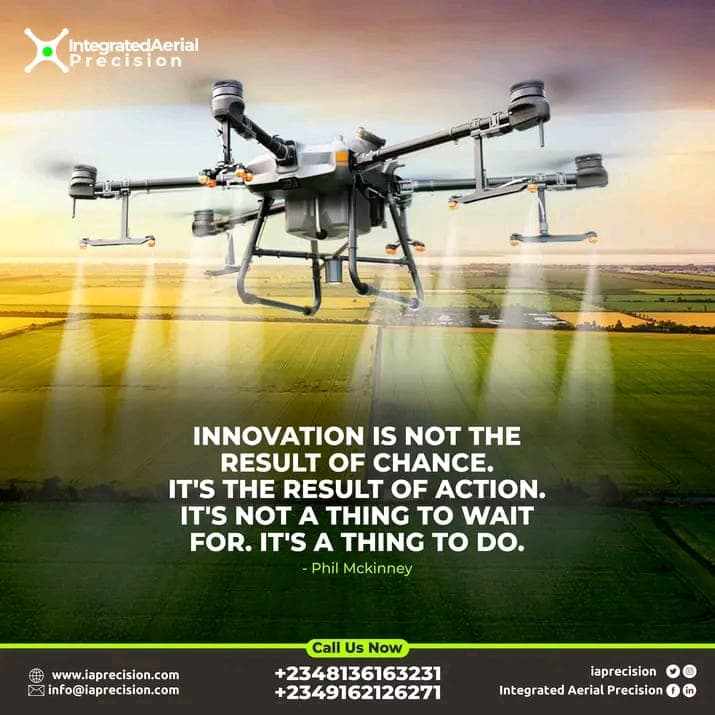
These drones are also capable of monitoring your crop and livestock conditions from the air. Thereby, alerting you in case of potential problems.
5 Benefits of Drone-Assisted Agriculture
Today, we will be diving into the immense benefits that drones provide in agriculture. And you will learn ways you can inculcate the technology into your farming practices.
1. Time-Saving
In today's fast-paced world of food production, time is one of your most valuable resources. And one of the key ways to save time effectively is precision agriculture through drones. Moreover, drone-assisted agriculture is transforming modern farming, offering unprecedented time-saving benefits.
By integrating advanced drone technology into agricultural practices, you can achieve greater efficiency, optimize resource use, and enhance crop management. Traditionally, monitoring large fields required substantial time and labor. However, drones equipped with high-resolution cameras and sensors can help you to cover vast areas quickly.
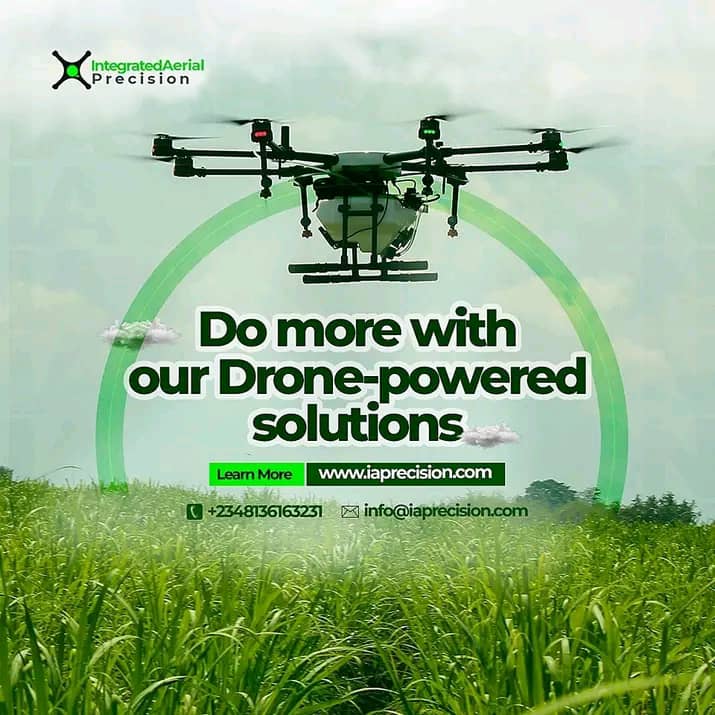
At the same time, providing real-time data on crop health, soil conditions, and pest infestations. This data provided by drones will allow you to identify issues promptly and address them before they escalate. Significantly, it helps you to reduce the time spent on manual inspections and minimizing crop loss.
Also, drones can assist you in planting and seeding. Drones when you use them, can distribute seeds evenly across fields. This will ensure optimal planting density and reduce the time and labour you spend on manual seeding.
2. Helps to Improve Productivity
Another benefit of drone-assisted agriculture is that it significantly increases productivity. The integration of drones into agricultural practices offers numerous advantages that enhance your efficiency. Drones play a crucial role in precision agriculture by enabling targeted application of inputs.
Inputs like water, fertilizers, and pesticides are used in required quantities. Also, through detailed aerial imaging and mapping, you can use drones to determine the specific needs of different plants. This precise application ensures that each plant receives the optimal amount of resources, reducing waste and enhancing crop productivity.
By applying inputs more efficiently, you can achieve better crop growth and higher yields.
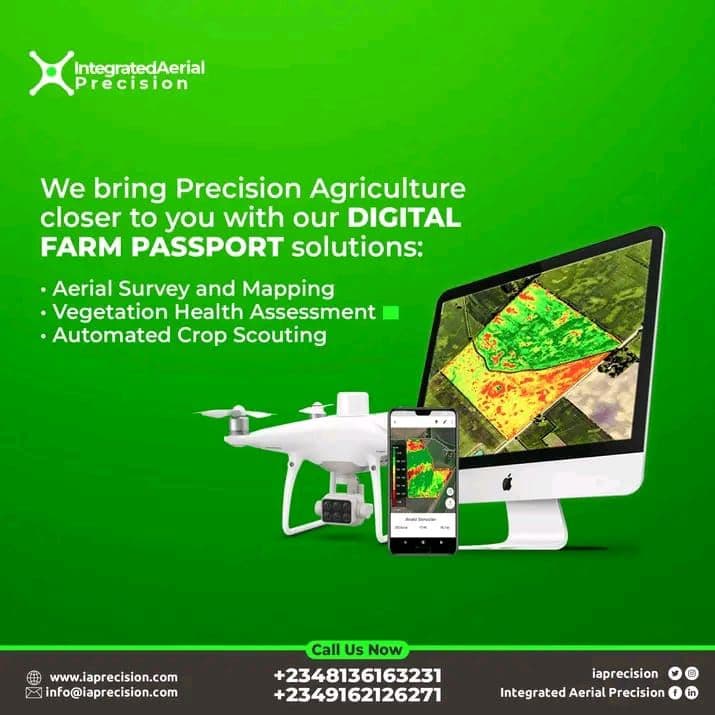
3. Adapts to Changing Climate
As climate change intensifies, traditional farming practices are increasingly challenged by unpredictable weather patterns. However, drone-assisted agriculture provides you with innovative solutions to these challenges. Resilient and sustainable farming systems are promoted through the use of drones.
More so, as discussed earlier in this article, drones will help you to minimize the wastage of resources to the barest minimum. And by minimizing resource wastage, drones help to mitigate the environmental impact of farming practices. Which will in turn contribute to a more sustainable approach that can withstand climate variability.
One of the most notable features of drones that makes them climate-adaptable is the ability to provide detailed insights. And actionable data that will empower you to make informed decisions. This technological advancement not only boosts productivity but also promotes environmental stewardship.
Ensuring that you can endure and thrive amid the challenges posed by climate change in your area.
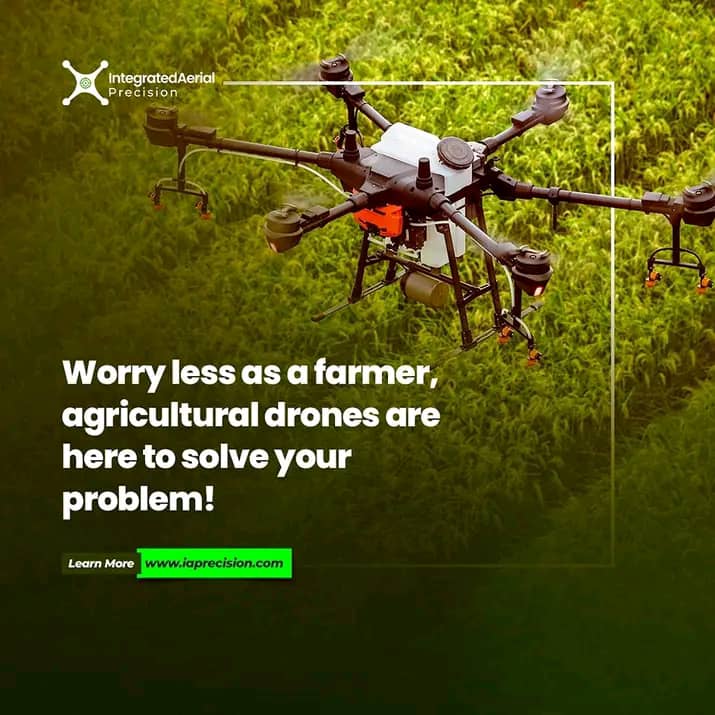
4. Increases Employment Opportunities
Drone-assisted is also paving the way for new employment opportunities. As the integration of drone technology becomes more widespread, it is being adopted by more and more farmers. It is fostering job growth in agriculture and technology.
One significant area of job creation is in the field of drone operation and maintenance. As you adopt drones for precision agriculture, there is a growing demand for skilled drone pilots and technicians. You can either decide to become a technician or you can seek out the service of one. Contact us here for all your drone praying service needs.
Nonetheless, drone professionals like ourselves are responsible for operating drones. Also, conducting aerial surveys, and maintaining the equipment to ensure it functions optimally for your use. Moreover, specialized training programs and certifications which are offered on our platform are available.
Additionally, the data analysis and software development sectors are experiencing growth due to the increased use of drones in agriculture. Drones generate vast amounts of data that need to be processed and analyzed to provide actionable insights for you. So, if you are looking to burst into the drone industry as a professional, contact us today!
5. Security
Drone-assisted agriculture offers significant benefits in enhancing security across various aspects of farming. As the agricultural industry faces increasing threats from theft, vandalism, and wildlife intrusions, drones provide a solution to monitor and protect your farm. One of the primary security advantages of drones is their ability to provide real-time and on-site surveillance of large farming areas.
Equipped with high-resolution cameras and advanced imaging technology, drones can help you to perform regular patrols over your fields. While capturing detailed footage that can be monitored by you or your farm managers. This continuous surveillance helps you to deter potential thieves.
Drones also enhance biosecurity by monitoring and managing the spread of diseases among crops and livestock. Through aerial imaging and thermal sensors, drones can detect early signs of disease or infestations, allowing for prompt intervention. This early detection is crucial in preventing the spread of diseases and protecting the health of the entire farm ecosystem.
Conclusion
Drone technology allows you to save time, optimize resources, and focus on improving crop yields and sustainability. In essence, drone technology is a critical factor in time-saving for agricultural practices. And by harnessing its accuracy and meticulousness, you can eliminate repetition, reduce errors, and enhance overall efficiency.
Thereby, in leveraging the power of drones, you can achieve new heights of efficiency and innovation. Lastly, embracing drones in farming practices is not just a technological advancement but a strategic move towards sustainable and efficient agriculture.
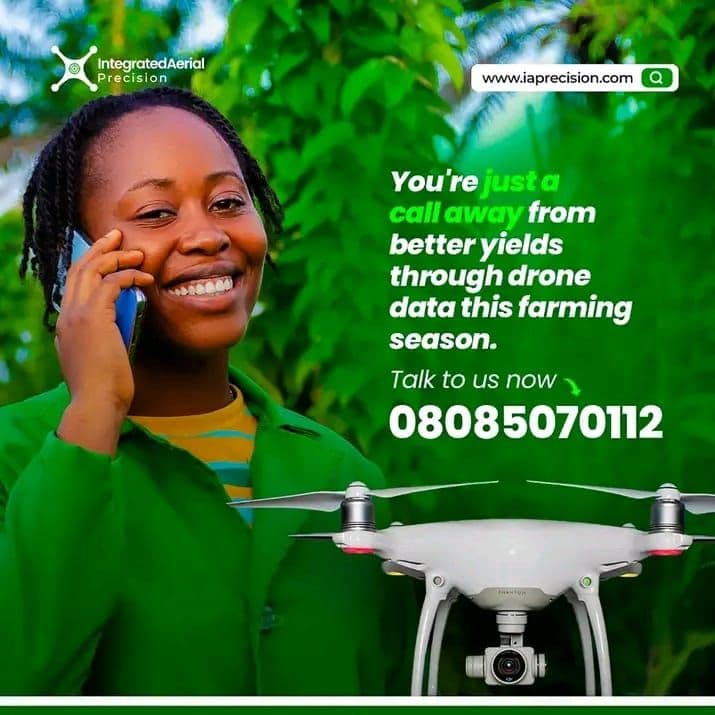
FAQs
What are the Innovative Uses of Drones in Agriculture?
Drones equipped with specific agricultural imaging technology can create and analyze vegetation indices maps. Technologies like the Normalized Difference Vegetation Index (NDVI) enable quick scanning of large crop areas, helping farmers identify healthy and unhealthy plants.
What are Drones used for in Farming?
What Are Agricultural drones? An agricultural drone is a type of unmanned aerial vehicle (UAV) that helps agriculture operations by monitoring crop growth and increasing crop output. In essence, an agricultural drone is no different from drones used in photography or construction
Are Drones Used to Spray Crops?
Drones more efficiently spray small, irregular-shaped fields. Drones significantly reduce the risk of applicators being contaminated by pesticides, especially those using backpack sprayers.
Get In Touch Today.
Kindly take action in integrating drone technology into your agribusiness operations, you are just a call away to productive and precision based farming through Drones. Visit www.iaprecision.com or call 08085070112 or sena email to info@iaprecision.com

